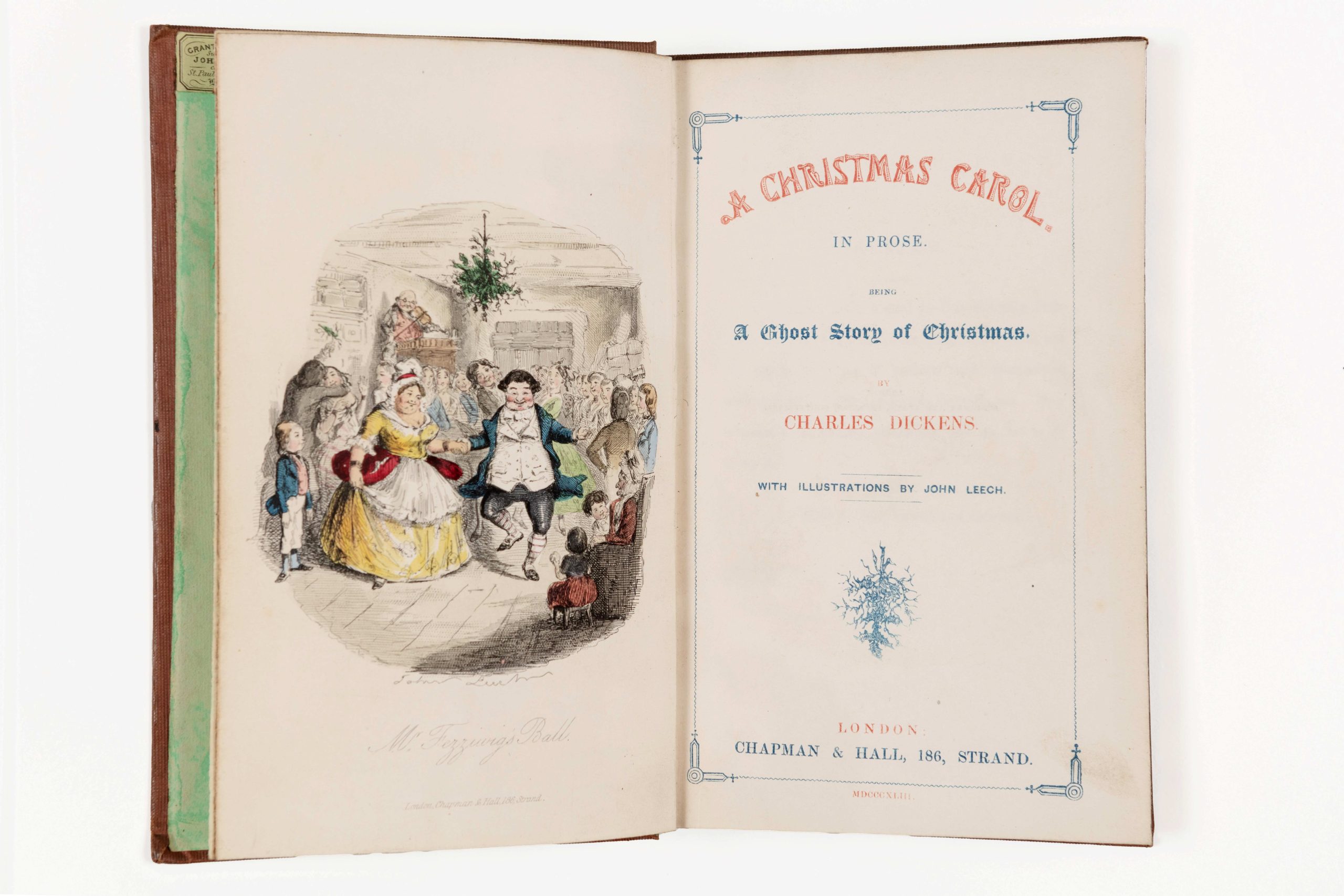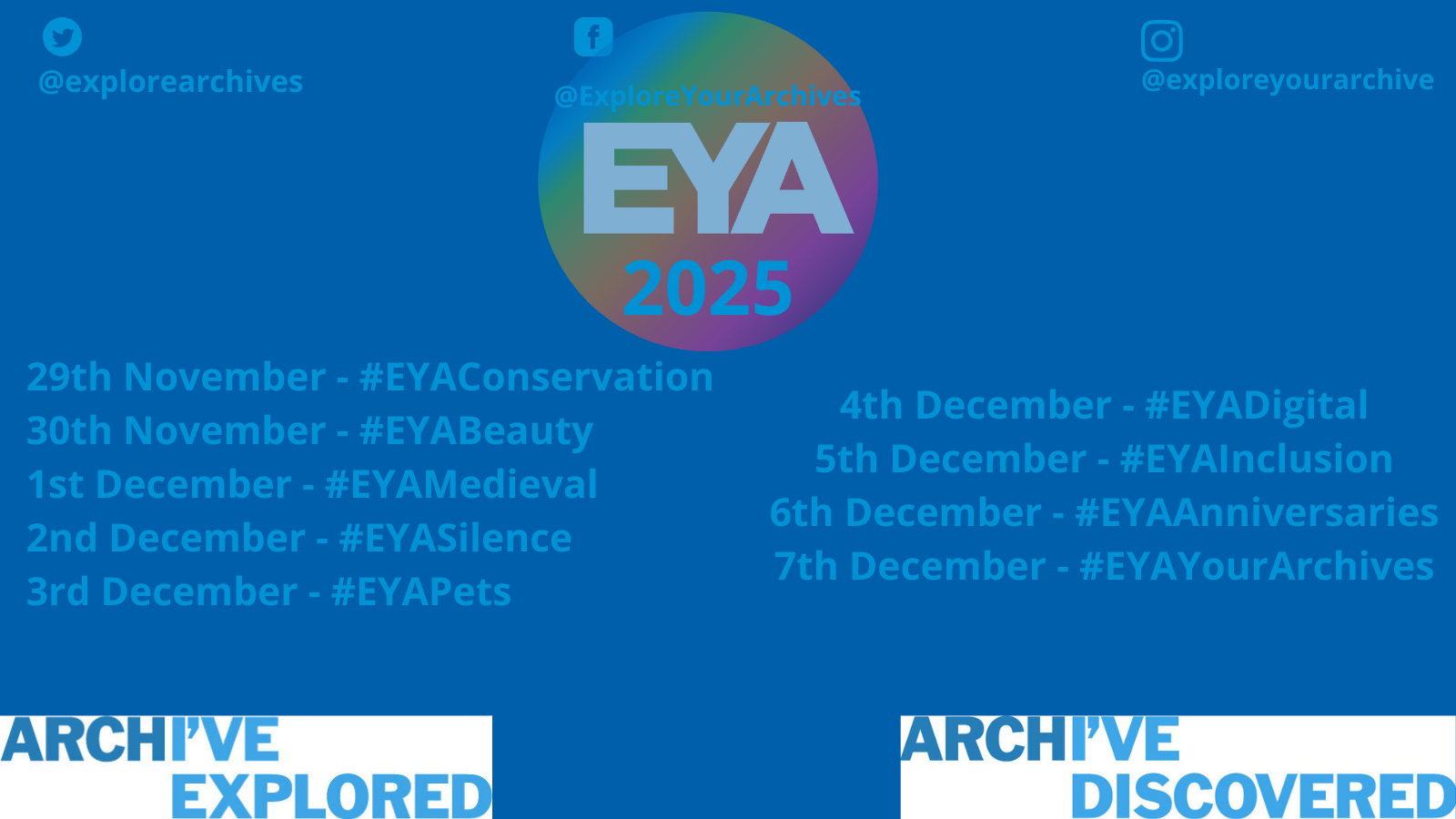To round up November’s theme of Religion and Spirituality, the Library of the Society of Friends (Quakers in Britain) have written a blog post offering an insight into their records and history.
Who are the Quakers?
Quakers, also known as Friends, emerged as a radical Christian movement in the 1650s. Their faith is rooted in the belief that God, or the Light, exists within everyone and can be experienced by everyone directly. This leads to the belief in the inherent equality of all people. This leads to the other core Quaker values of peace, justice, truth, simplicity and sustainability.
Demonstrating beliefs through action and protest is an important aspect of Quaker faith. A prominent early Quaker named George Fox wrote “let your lives preach”, now usually modernised to “let your lives speak”. In the 17th century, Quaker practices included allowing women to speak in a religious context, refraining from doffing hats in the presence of social “superiors”, and refusing to attend or pay tithes to their parish church. Local and national authorities saw these actions as a challenge and resorted to beatings, imprisonment and fines.
Friends believed that they should not be forced to participate in a religion that was not their own and a system of social practices that reinforced hierarchy and division. Thousands of Quakers suffered for living out that conviction. However, they continued to live in the way they chose and to campaign for change by publishing, petitioning and public speaking.

How were their records created?
Recognising that the only record of their experiences was created by their oppressors Friends were encouraged to send accounts of their persecution to London, which were subsequently compiled into the Great Books of Suffering, among the earliest items in the collections of Library of the Society of Friends (LSF). This record has been continued in varying forms into the present day, where the experience of Quakers arrested for upholding their beliefs is recorded in a Prison and Court register.
The Library of the Society of Friends has grown through the centuries but maintains the core principle of collecting the stories and experiences of British Quakers, particularly relating to situations that other sources may not have recorded. We hold material on war and disaster relief, abolition, penal reform and temperance, as well as personal archives and the records of Quakers in Britain and London Quaker meetings.
What is held within the collections?
Quakers are probably best known for their pacifism, and the Library has particularly strong collections about peace, and the ways in which Quakers have worked for a more peaceful work. They demonstrate that a pacifist stance is as much about action as it is about belief.

In 1916, the British government passed the Military Service Act, introducing mandatory conscription for single men aged 18-41. Quakers in Britain held a special meeting to consider the issue and issued a statement declaring their entire opposition to compulsory conscription. They followed this up by supporting the No Conscription Fellowship. This offered meeting places for those opposed to war and created alternative forms of service that tried to repair some of the damage. At least 2,870 men cited Quaker influences or beliefs as reasons why they registered as conscientious objectors (Source: the Cyril Pearce Conscientious Objector database).
Support of Conscientious Objectors
In the archive collections at LSF we hold the records of Quaker protest against conscription and war. These include hundreds of pamphlets written to argue their point, the records of the Peace Committee and the Visitation of Prisoners Committee (who supported imprisoned COs). Additionally, we hold the personal archives of men like Cornelius Barritt, who was sentenced to die for his refusal to fight. Many of the official records relating to COs did not survive. Thus, these records are crucial evidence of why and how people stood up for peace, and the consequences they suffered for doing so. Arguing against the war and registering as a Conscientious Objector were things that had long lasting ramifications. Many COs lost their jobs and social standing. Others died as a result of their treatment in prison.
The Library also holds a set of smashed printing plates, collected by the Peace Committee as evidence of how freedom of speech around peace and conscience was restricted. They had been used to print an anti-war pamphlet and were smashed up by the police. This was done under the Defence of the Realm Act, an act of parliament that allowed censorship and control of public spaces.

Quakers today
Today Quakers in Britain are defending their right to peaceful protest against increasing restrictions. They campaign for a more peaceful, more sustainable and fairer world. The Library of the Society of Friends continues to collect the records of this work for future generations.

Further information:
Find out more about LSF here: https://www.quaker.org.uk/resources/library
Browse the catalogue here: https://www.quaker.org.uk/resources/library/search-library-catalogue
Written by Lucy Saint-Smith at Quakers in Britain.
Edited by Isabel Lauterjung, Blog Coordinator for Explore Your Archive.



